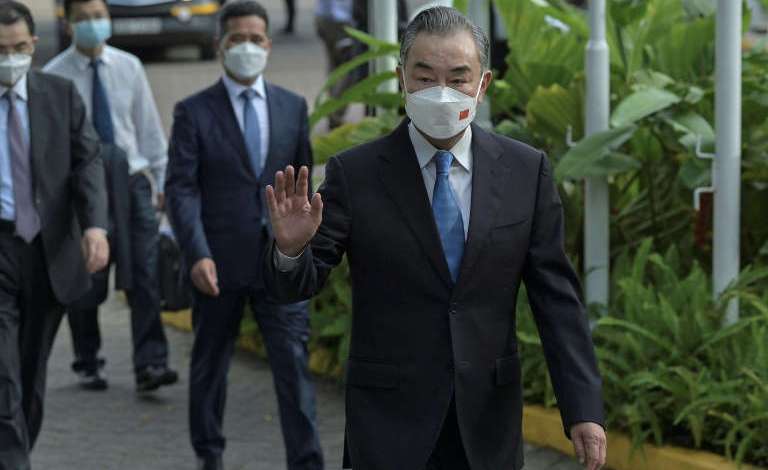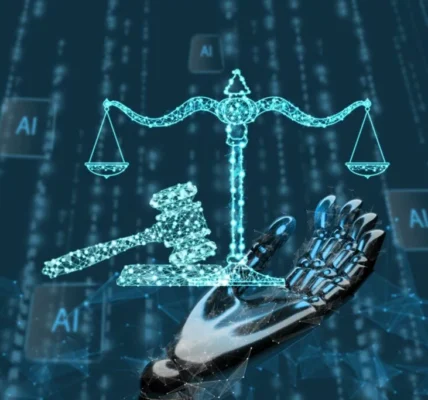
THE African National Congress (ANC) announced on Wednesday that it is leaning towards forming a government of national unity with a wide range of political parties, following last week’s election in which it lost its governing majority. The ANC has ruled South Africa since Nelson Mandela led it to power in 1994, but this time, voters expressed their dissatisfaction over persistent issues such as poverty, joblessness, rampant crime, corruption, and frequent power cuts.
Despite remaining the largest party, the ANC can no longer govern alone after the May 29 vote. ANC spokesperson Mahlengi Bhengu-Motsiri revealed at a press conference in Johannesburg that discussions are underway with five parties, ranging from the free-market Democratic Alliance (DA) to the Marxist Economic Freedom Fighters (EFF).
‘At this point in time, the conversation is looking at the government of national unity because this is what the people of South Africa said to us,’ Bhengu-Motsiri said, adding that the party’s National Executive Committee would discuss options on Thursday.
The ANC aims to unite a broad spectrum of society behind the future government and hopes to conclude the talks within a week. ‘We have been meeting with all parties that are keen to contribute ideas on how we can collectively move our country forward,’ she said.
Bhengu-Motsiri also confirmed that President Cyril Ramaphosa would remain in his position. ‘Our president is going nowhere,’ she told state broadcaster SABC after the press conference. ‘He has shepherded this ship of the ANC and team South Africa very well. So our president is going nowhere. And anyone that intimates the thought about “we are willing to go into a coalition with you but get rid of President Cyril Ramaphosa” can forget talking to us.’
Voters, politicians, and financial markets are eagerly awaiting clues about which parties will form the next national government. The ANC will hold 159 seats out of 400 in the new National Assembly, while the DA will have 87. The populist uMkhonto we Sizwe (MK), led by former president Jacob Zuma, will have 58 seats, the EFF 39, the socially conservative Inkatha Freedom Party 17, and the far-right Patriotic Alliance nine.
The business sector and investors prefer the ANC to partner with the DA, which is strongly pro-business and advocates scrapping some of the ANC’s Black empowerment policies, arguing they have not been effective. In contrast, the EFF’s proposals, including nationalising mines and banks and redistributing land from white to Black farmers, are viewed negatively by markets and the private sector.
The rand currency saw a decline in volatile trading as Bhengu-Motsiri spoke, dropping more than 1 percent against the dollar at one point.
Bhengu-Motsiri mentioned that the ANC had approached Zuma’s MK party, which surprisingly came third in the election, but had been rebuffed. ‘Our door remains open,’ she said.
Jacob Zuma was forced to resign as president in 2018 following multiple corruption scandals and was later jailed for contempt of court after refusing to participate in a corruption inquiry. He is now a staunch opponent of Ramaphosa. Zuma remains popular in his home province of KwaZulu-Natal, where extra police have been deployed to maintain public order, according to a statement by the South African Police Service on Tuesday.
KwaZulu-Natal was the scene of deadly riots in 2021 when Zuma was sentenced.
These developments mark a significant shift in South African politics, as the ANC seeks to build a coalition that can address the country’s pressing issues and restore public confidence.













